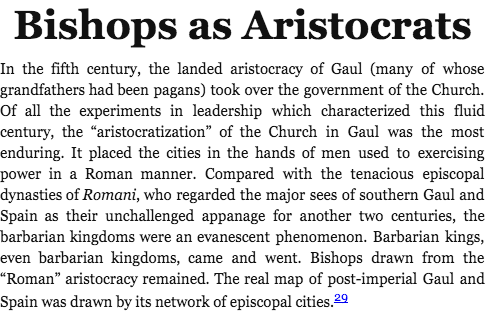The article, Dialogue on Sexual Assault, by Natasha Dobrott was published April 2016 on Public Conversations Project‘s blog. April is Sexual Assault Awareness Month and Dobrott discusses how college campus are talking about sexual assault. Many universities and colleges have come under scrutiny for both their Title IX violations and prevalence of sexual assault. The article uplifts some of the different ways that the conversations are taking place around addressing sexual assault on college campuses and the opportunity for more conversation around “healthy relationships, masculinity, and social norms”.
Below is an excerpt from the article and you can find the original in full on Public Conversations Project blog here.
 From Public Conversations Project…
From Public Conversations Project…
Engaging in Dialogue
The good news is that, at least in part due to the conversations that added scrutiny has inspired, students and administrators are talking about this issue on campus through formal and informal means more than ever. According to one Title IX administrator from the Boston area, sexual assault prevention is most successful when it is a “collaborative and iterative process” that involve the partnership of different stakeholders on campus. This includes raising awareness, teaching students how to keep themselves and their friends safe, and having adequate response teams in administration, law enforcement, and health services in the event that sexual assault does occur. One university embodied this idea of a collaborative and iterative process when it involved representatives from students, faculty, and administrative groups in revising its Title IX policies. This kind of opportunity allowed students to feel as though “they had agency and ownership in the process” and that their ideas were heard and taken into account. The schools that are most successful in sexual assault prevention have created multiple avenues such as this through which students, faculty, administrators, and law enforcement can discuss the issue, build trust, and maintain accountability.
Where is conversation about sexual assault happening?
Conversations about sexual assault take many forms on college campuses. Bystander Intervention is the most widespread avenue for conversation on this is issue. Teaching students to intervene in questionable situations they see that could result in sexual assault, programs like these focus largely on providing students with skills to recognize potentially risky situations and to safely intervene or diffuse the situation. Students can also participate in self-defense classes or student awareness and activism groups that focus on bringing attention to the problem with the intent of starting a conversation. Although programs like bystander intervention don’t address the problem from all angles, such discussing underlying gender norms, it does serve as a good way to encourage proactive conversation amongst students.
Where do we need more conversation?
A conversation lacking at many schools is the opportunity for discussions about healthy relationships, masculinity, and social norms. Sexual assault prevention is an “intrapersonal as well as an interpersonal problem,” said a women’s center program coordinator, meaning that students need to be able to explore their own internal influences and motivations. Conversations that help students explore the pressure to conform to gender norms or learn what healthy relationships actually look like are important in helping students to understand one another and “build a strong culture for each other,” as one Title IX administrator in New Hampshire pointed out. I have seen these on my own campus through student discussion groups about masculinity, sporadic events about gender norms, and even just this past week, a panel on healthy relationships. Creating more opportunities for students to learn and discuss these underlying problems helps students to connect with others, building that culture for others. Genuine curiosity and caring about other people’s experiences and how other people experience things can enhance the feeling of community and address sexual assault as not just an interpersonal problem, but also as an intrapersonal one.
About Public Conversations Project
Public Conversations Project fosters constructive conversation where there is conflict driven by differences in identity, beliefs, and values. We work locally, nationally, and globally to provide dialogue facilitation, training, consultation, and coaching. We help groups reduce stereotyping and polarization while deepening trust and collaboration and strengthening communities.
Follow on Twitter: @pconversations
Resource Link: www.publicconversations.org/blog/dialogue-sexual-assault





